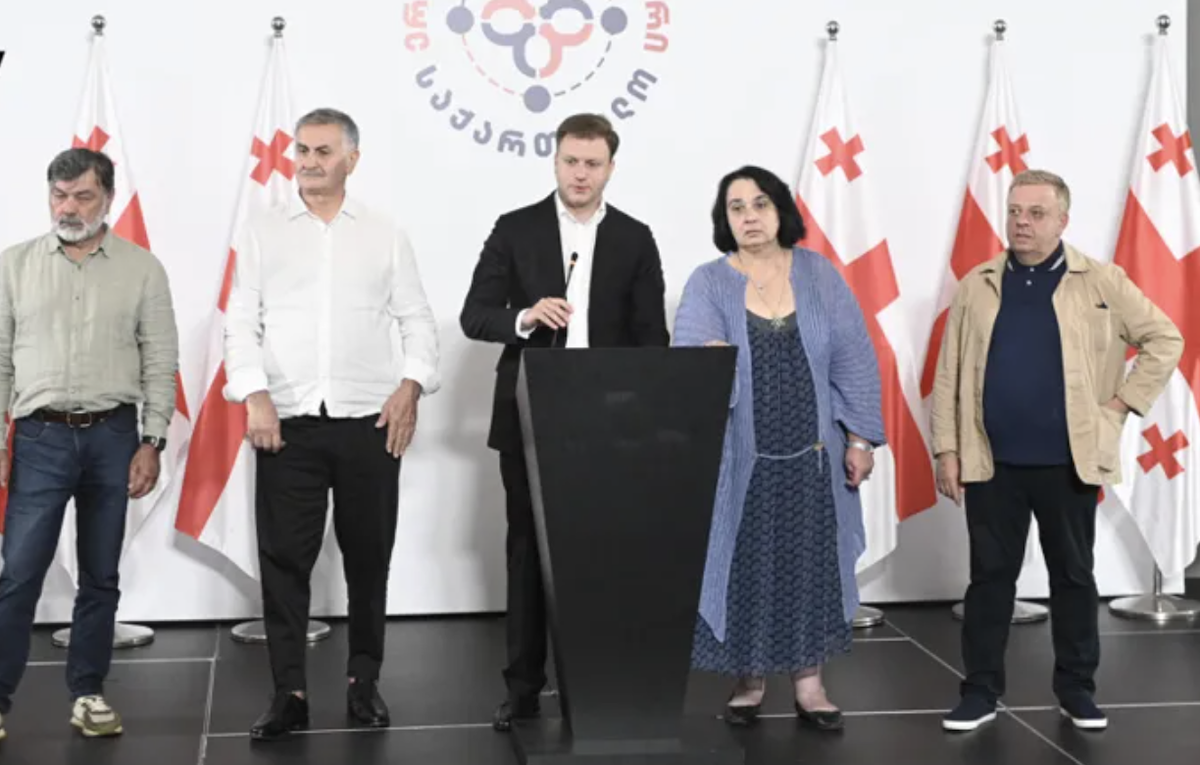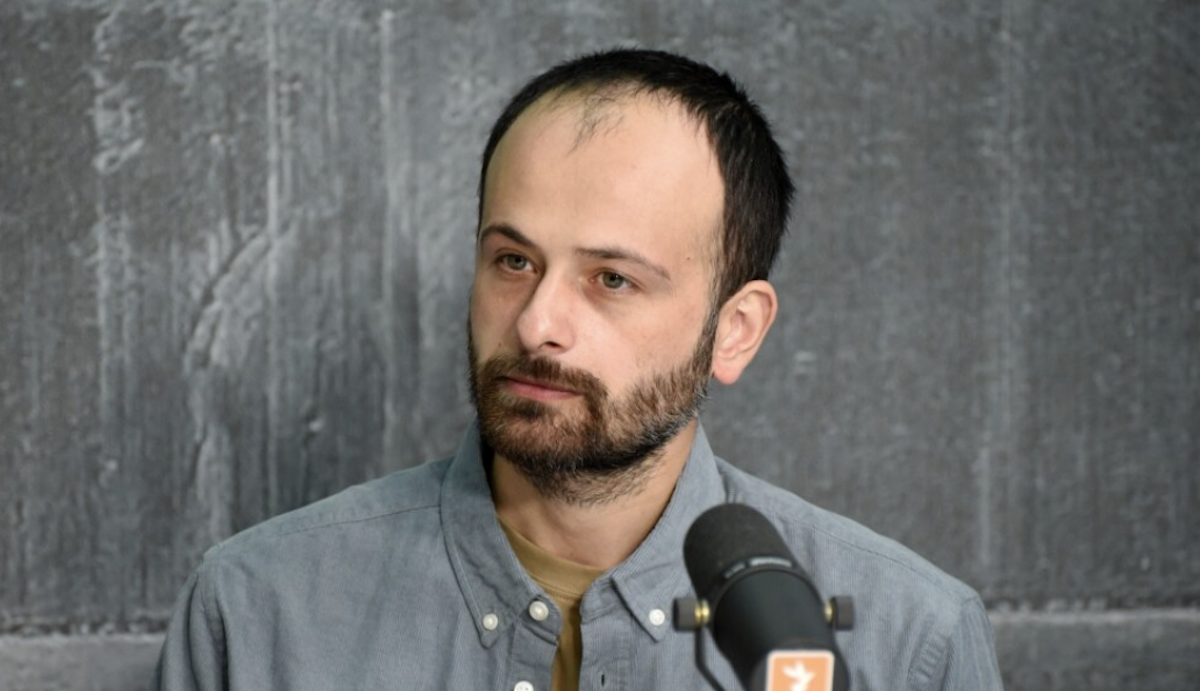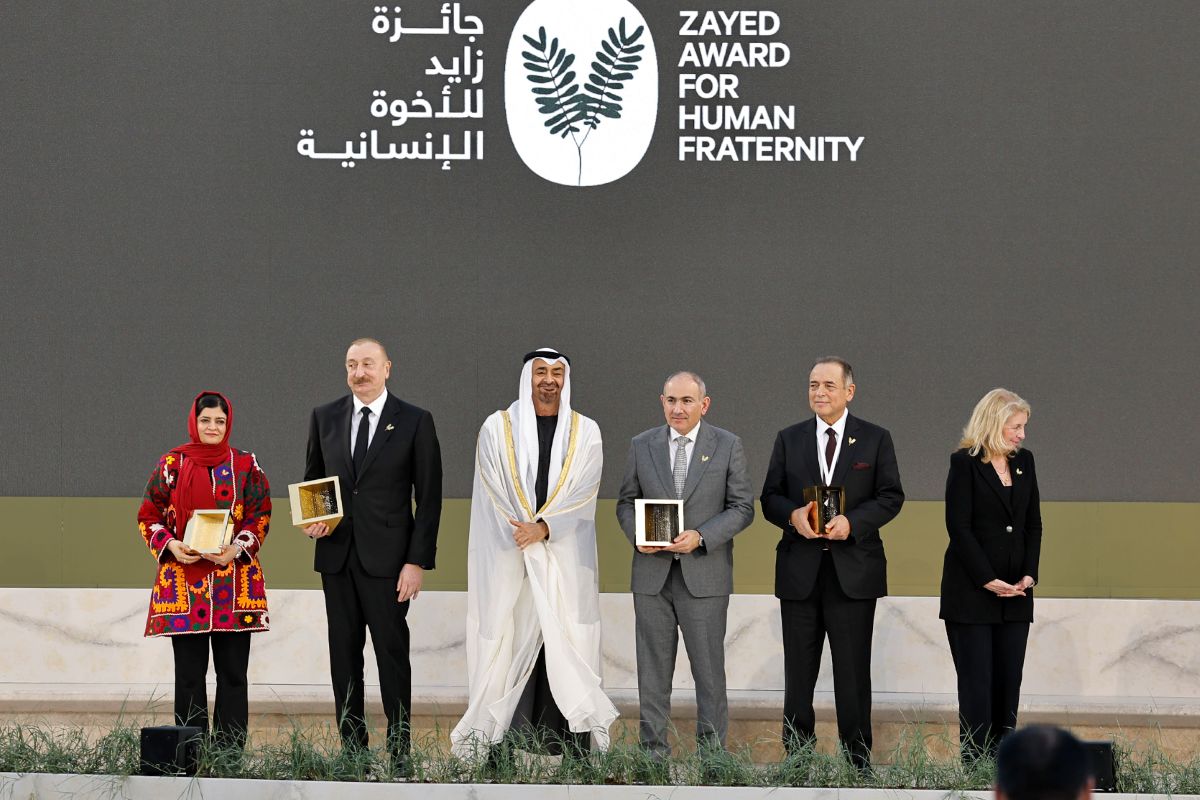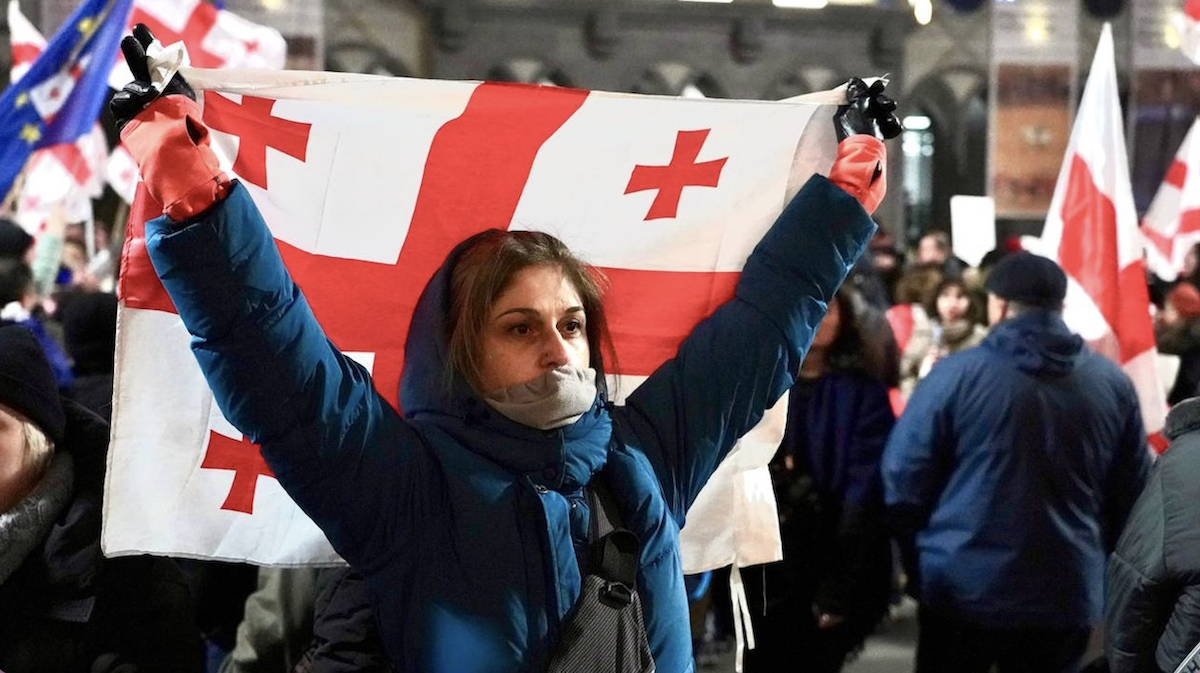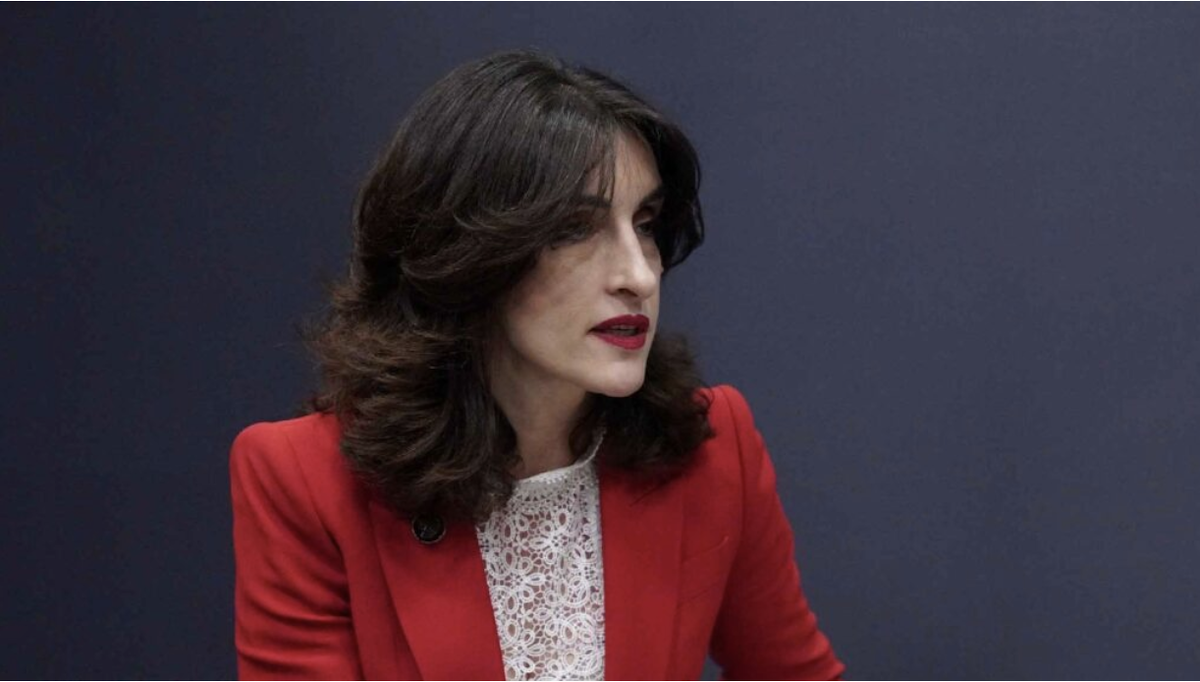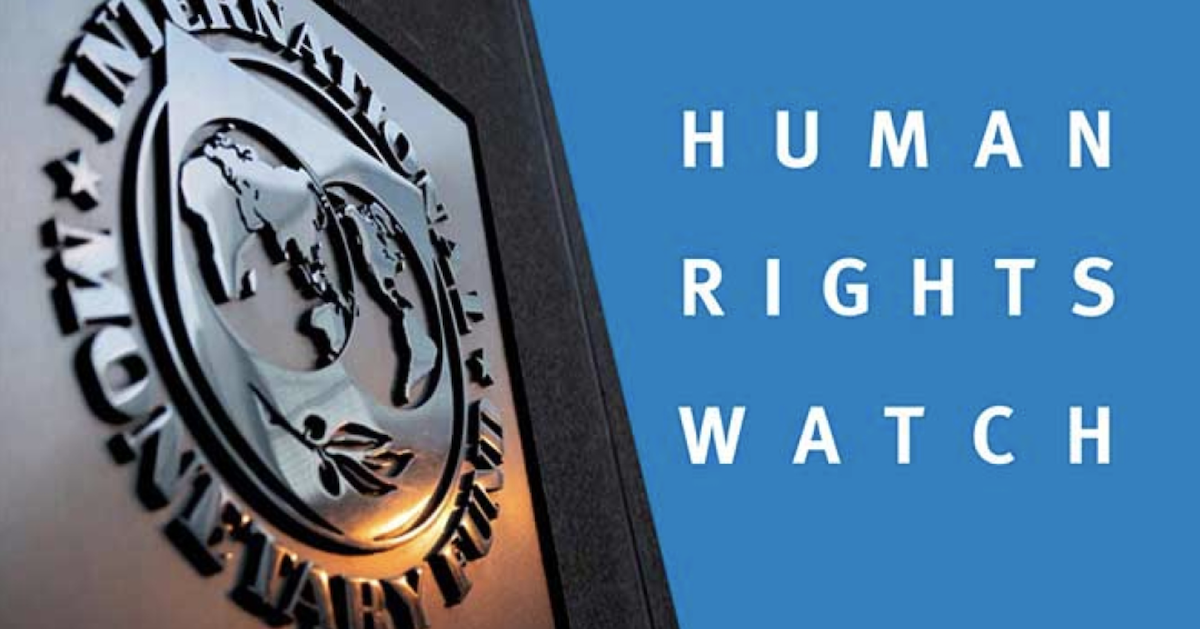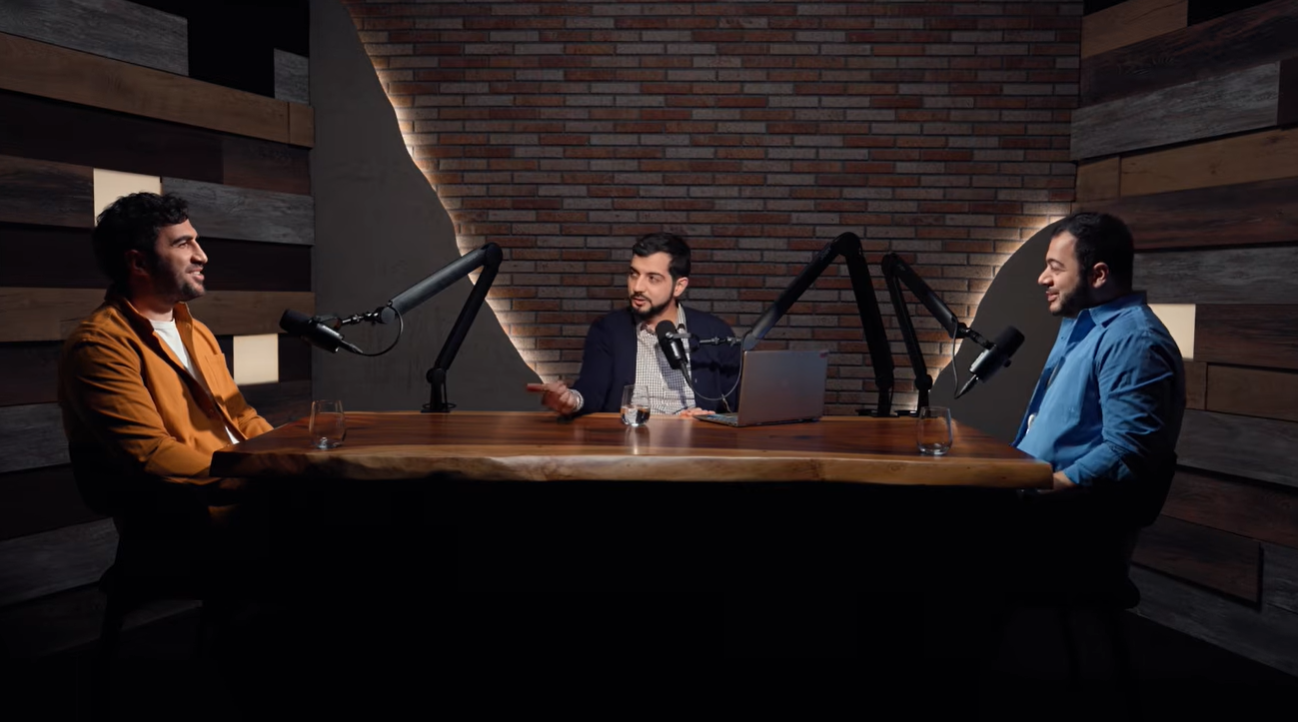An ‘indecent’ proposal: Georgian parliament discusses gender quotas
The Georgian parliament has approved in the first reading amendments to the election code, which relates to campaigning, the formation of election commissions and gender balance.
This is not the first time the Georgian parliament has discussed the topic, which has traditionally provoked heated debate.
Amendments aimed at improving the gender balance in the legislature have been developed together with international organisations and NGOs.
The ruling Georgian Dream party has proposed parties include at least one-quarter of women in their lists.
- “Sometimes, husbands beat their wives” – head of Chechnya defends alleged killers of 23-year-old girl
- Gender roles in Georgia; who does the diapers and who leads the country
Who’s ‘against’ and why
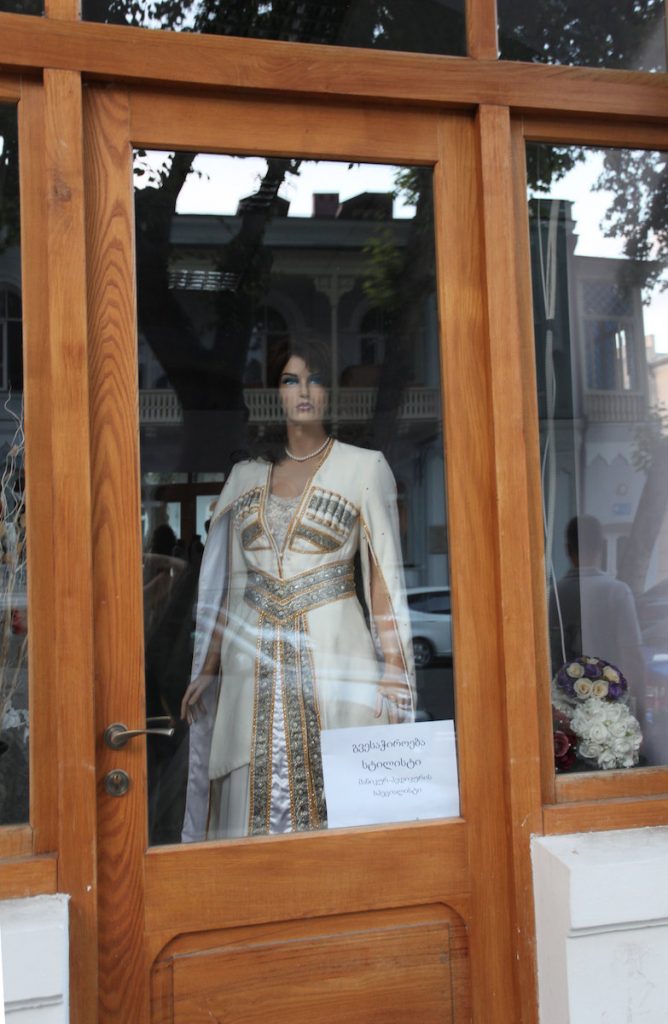
The opposition – at least male MPs – see the proposal as populist. The leader of European Georgia Giga Bokeria claimed gender quotas are not just unnecessary, but even offensive to women.
“You are still violating women’s rights. You are actually saying that women cannot achieve their choice on their own. This is the biggest mistake, a step against women’s freedom and rights,” said Bokeria.
Bokeria says the country has very serious problems in terms of women’s rights:
“But if everyone who has a problem gets quotas, this will mean the abolition of democracy, the destruction of this group – instead of fighting those who consider women second class citizens. And such people sit in the [voting] hall and hypocritically vote for quotas, when they themselves constantly repeat that a woman’s place is in the kitchen. Now do you want them to have dolls in parliament?”
Who’s for?
However, female MPs, including those who are in conflict with the ruling party on many other issues, did not see anything offensive in quotas.
“It’s insulting that women candidates are forgotten when compiling electoral lists. This happens in all parties without exception,” said independent MP Eka Beselia.
She suggested that women should be assigned not a quarter, but a third of the seats in party lists.
Beselia says the only party in the Georgian parliament in which women are adequately represented is the Alliance of Patriots (paradoxically, it unites politicians with pronounced anti-Western rhetoric who have repeatedly spoken out in favor of ‘family values’ and a party which one would be hard pressed to suspect of trying to support the struggle for women’s rights).
Another independent MP Tamar Chugoshvili called the proposal of the Georgian Dream not ideal, but useful:
“This mechanism will not solve all the problems, but will help society and women directly to take a political part in the life of the state. Therefore, I support these changes.”
“We’d need a century otherwise”
The topic of gender quotas in parliament is raised often by NGOs and international organisations. Quotas are considered a temporary measure, which would be designed to smooth inequality.
“It may take a century to solve this problem in a natural way,” the head of the UN Development Program in Georgia, Maku Meshveliani, told On.ge.
“Quotas will speed things up.”
The 2016 parliamentary elections brought 24 women to the Georgian parliament – 16 percent of the total number of MPs.
In addition to the underrepresentation of Georgian women in politics, they have many other problems – from femicide, early marriages, selective abortions and various harassment by husbands to blackmail by female politicians, who, as a rule, are not investigated effectively.










